Rushing and Navigating
When is rushing a good idea?
When we think about both our professional and personal lives, there’s a general consensus that rushing is a bad idea because it can often lead to mistakes. Like interest, those errors can compound if let unchecked and uncorrected. It’s easiest to frame this in terms of navigation: if you are off-course by only one degree, you will be off by 5.2 feet after traveling 100 yards. However, if you were traveling around the globe from Washington, D.C., you would miss your destination by 435 miles and end up in Boston. And if you were taking a rocket to the sun, you would miss it by over 1.6 million miles – about twice the diameter of the sun – all because of a small error of one degree (probably a mistake that originated in being rushed).
This compounding effect from mistakes often appears in other ways in our lives, big and small, such as missing a turn while driving and creating further delays or forgetting a payment and possibly having your credit score impacted for years. Most of those mistakes are caused by rushing. One of the most common mistakes can also be one with the most consequences: the rush to judgement.
In our world today, our news cycle is driven by rush. It is a competition to see who can break the story first. That rush exponentially impacts our culture in other ways: on social media, people are rushed to provide their commentary on matters, even if stories are still developing and the information not entirely clear. What’s worse is that when we are presented with the correct information, many will do anything but admitting a mistake and turning around. Most will pivot, get defensive, or further steep themselves in their course of thinking. So, they’ll fly past Washington and they’ll completely miss the sun.
Here’s the thing: when we’ve missed a turn, slowing down is not enough to get on track. Asking for directions or listening to the GPS navigation is not enough either. The only way to get to your destination is by intentionally grabbing the steering wheel and moving turning. And when there is uncertainty, to remind ourselves what the final destination actually is.
Right now, our country is experiencing an opportunity to get back on track. For years, we’ve been driving in the wrong direction in terms of effective policing, justice, and righting the wrongs that we started with: genocide, slavery, and inequality. With each major milestone: ending slavery, the Civil Rights Act, acts of suffrage, and so on, we grabbed the wheel and moved closer to the destination. But we’re not there yet, not even close.
When we look at the overwhelming data, it’s clear that the status quo won’t get us to the grand vision stated in the Declaration of Independence: life, liberty, and the pursuit of happiness. For some, black men at the hands of police in particular, life itself isn’t even guaranteed. So slowing down is not enough – we need a new direction. And rushing to judgement for the oppressed who are exercising their freedom of speech is definitely not getting us closer to there, either. The protestors are experiencing the consequences of us being off-track firsthand. They are asking Americans to take the wheel of democracy and steering it towards our truths where all men have been created equal.
We know that rushing only happens when one is in a hurry (which will often put us off course) or when one wants to attack (as in war or football). But neither will get justice. We slow down because we care, because it’s worth it to avoid further mistakes, and because it allows us to identify our errors to begin with. But if we want to get to where we want to go, we absolutely have to place our hands on the wheel and move in that direction. The longer we wait, the further off track we’ll go, and the harder it will be to get back on track.
